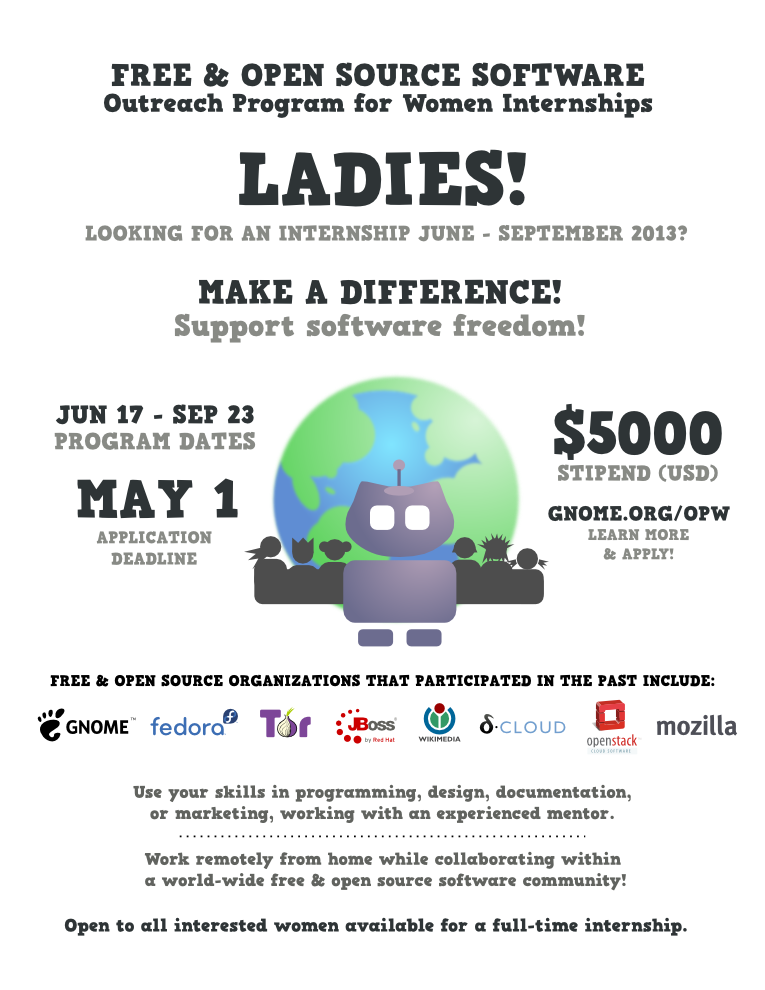Full day Training Course by Damian Conway – ‘Presentation Skills’
Monday 16th April 2012
Ambassadors Hotel, 12 Upper Woburn Place, London WC1H 0HX
see: http://www.flossuk.org/Events/PresentationSkills2012
Description: The best and most effective presentations capture the audience
quickly, hold their interest effortlessly, educate and entertain them in equal
measure, and sometimes even inspire them.
This class explores simple and effective techniques for achieving those goals
in any kind of presentation.
The first half of the class focuses on preparation, content selection, visual
design, delivery, handling questions and effective techniques for presenting
various kinds of technical information (code, data, statistics, charts,
structure diagrams etc.)
The second half of the course is an in-depth tutorial on improving the ‘look
and feel’ of presentation materials – especially Powerpoint/Keynote/Impress
presentations. In particular, it demonstrates practical techniques for making
your slides not suck!
Tutor: Damian Conway is a renowned programmer, speaker and educator, best
known for his work on Perl programming language.
Previously as Associate Professor in Computer Science at Australia’s largest
University, for the past decade he has made his living entirely by giving
conference keynotes, technical presentations, programming tutorials and
professional training courses.
He has been keynote speaker at major technical Conferences such as OSCON,
linux.conf.au, OLS, Webstock, DebConf, and GOTO, presenting on topics as
diverse as quantum physics, website design, computational linguistics,
bioinformatics, and programming language design.
He has also been invited to speak and teach at Institutions such as Harvard,
MIT, Carnegie Mellon, U. Toronto and ETH Zurich and has delivered seminars and
taught classes for major corporations including Apple, Yahoo!, Amazon,
Canonical, Xerox, Qualcomm, Canon, Michelin, Morgan Stanley and Goldman Sachs.
Places are limited – early booking is essential Early-bird rates available
until 15th March 2012






